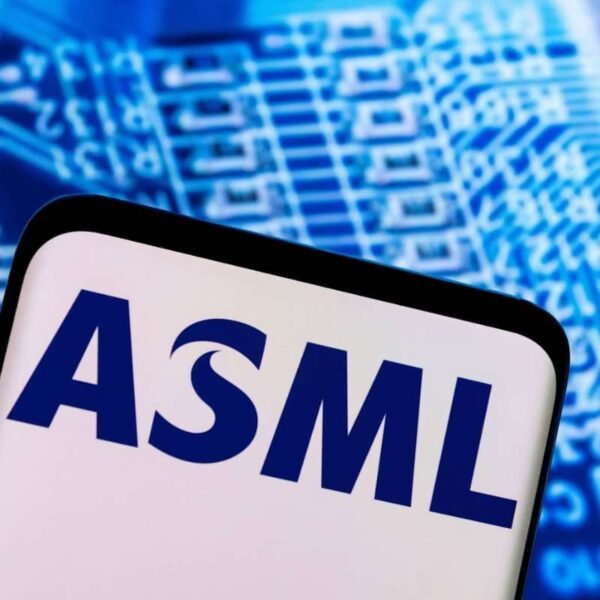In the swiftly evolving digital sphere, the adoption of marketing automation platforms has become a cornerstone for businesses striving to revolutionize their marketing strategies. These sophisticated tools have reshaped the landscape, offering a suite of capabilities that streamline operations, personalize engagements, and harness data-driven insights.
The following article delves into the multifaceted realm of marketing automation platforms, unraveling their pivotal role in transforming marketing landscapes and propelling businesses toward heightened efficiency and engagement.
Understanding Marketing Automation Platforms
Marketing automation platforms encompass a comprehensive suite of software solutions tailored to streamline various marketing processes. These encompass a wide array of functionalities, including:
1. Email Marketing Automation:
Automating email campaigns, from personalized messaging to triggered responses based on user interactions, to nurture leads and foster engagement.
2. Lead Management and Scoring:
Effective management of leads by scoring and segmenting them based on their interactions and behaviors, guiding them through the sales funnel.
3. Social Media Management:
Automating social media posts, monitoring engagements, and analyzing social data to optimize audience interactions.
4. Analytics and Reporting:

Robust analytics tools provide actionable insights into campaign performance, consumer behavior, and ROI measurement.
The Crucial Role of Marketing Automation Platforms
These platforms serve as catalysts for marketing success:
1. Enhanced Efficiency and Time Savings:
Automation of repetitive tasks liberates marketers to focus on strategy, creative ideation, and fostering meaningful connections.
2. Personalization at Scale:
Leveraging consumer data enables the creation of highly targeted and personalized campaigns, significantly improving engagement and conversion rates.
3. Lead Nurturing and Conversion:
They are guiding leads through the sales funnel by delivering tailored content based on their interests and behaviors, ultimately driving conversions.
4. Data-Driven Decision-Making:
Access to real-time analytics empowers marketers to make informed decisions, optimize campaigns, and adapt strategies for better outcomes.
Choosing the Ideal Marketing Automation Platform
Selecting the right platform demands careful assessment:
1. Scalability and Flexibility:
Ensuring the platform can accommodate business growth and remain adaptable to evolving marketing needs.
2. Integration Capabilities:
Seamless integration with existing systems like CRM software or e-commerce platforms is crucial for a unified view of customer interactions.
3. User-Friendly Interface:

An intuitive interface enhances usability, enabling marketers to navigate the platform efficiently and harness its capabilities effectively.
4. Support and Training Resources:
The availability of comprehensive support and training resources aids in maximizing the platform’s potential and addressing any operational challenges.
Key Benefits of Embracing Marketing Automation Platforms
Expanding on the advantages:
1. Increased Productivity and Efficiency:
Automating routine tasks streamlines workflows, enhancing productivity and allowing marketers to focus on strategic initiatives.
2. Elevated Lead Generation and Conversion:
Personalized and targeted campaigns result in higher-quality leads and increased conversion rates, boosting revenue generation.
3. Elevated Customer Engagement:
Delivering relevant content at the right time fosters meaningful interactions, strengthening customer relationships and loyalty.
4. Informed Decision-Making:
Real-time analytics empower marketers to make data-driven decisions, optimizing campaigns for better performance.
Advanced Features of Marketing Automation Platforms
1. Dynamic Content Creation:
Discuss how these platforms enable dynamic content creation, allowing marketers to personalize content based on real-time user behavior.
2. A/B Testing Capabilities:
Highlight the importance of A/B testing in refining campaigns, optimizing elements such as subject lines, content, and call-to-action buttons.
3. Multi-Channel Marketing:
Explain how these platforms facilitate multi-channel marketing, allowing seamless integration across various channels for a cohesive customer experience.
Integrating Artificial Intelligence (AI) in Marketing Automation
1. AI-Powered Predictive Analytics:
Discuss the role of AI in predictive analytics, enabling marketers to forecast trends, and consumer behavior, and optimize strategies accordingly.
2. Chatbots and Customer Support:
Explore how AI-driven chatbots integrated into these platforms enhance customer support, providing instant responses and personalized interactions.
Challenges in Utilizing Marketing Automation Platforms
1. Data Quality and Cleansing:
Highlight the challenge of maintaining accurate and up-to-date data, emphasizing the need for continuous data quality management.
2. Alignment with Sales Teams:
Discuss the importance of aligning marketing automation efforts with sales teams to ensure effective lead nurturing and conversion.
Disadvantages and Challenges of Marketing Automation Platforms
Despite their advantages, marketing automation platforms come with potential drawbacks:
1. Initial Complexity and Learning Curve:
Implementing and mastering these platforms can be challenging, requiring time and resources for training and adaptation.
2. Over-Automation and Impersonalization:
Excessive automation can lead to impersonal interactions, impacting customer relationships and engagement negatively.
3. Data Privacy and Compliance Concerns:

Handling vast amounts of consumer data raises privacy concerns, necessitating strict adherence to data protection regulations.
4. Maintenance and Upkeep Costs:
Continuous updates, maintenance, and subscription fees can contribute to significant costs over time.
Implementing Marketing Automation Platforms Effectively
Strategies for successful implementation:
1. Establish Clear Goals:
Define clear objectives to align marketing automation efforts with overarching business strategies and objectives.
2. Customer Journey Mapping:
Understanding customer journeys facilitates the creation of automated workflows tailored to different stages of the buyer’s journey.
3. Continuous Testing and Refinement:
Regular testing and refinement based on data insights are critical for optimizing campaign performance.
4. Training and Skill Development:
Investing in team training ensures that marketers can leverage the full potential of the platform and adapt to its evolving features.
Conclusion
In an era dictated by data and personalized experiences, marketing automation platforms are catalysts for marketing evolution. Their role extends beyond mere automation; they represent a fundamental shift in how businesses connect with their audience. By embracing these platforms, organizations can streamline workflows, elevate customer experiences, and drive substantial growth. The strategic implementation and utilization of these tools pave the way for a more agile, efficient, and consumer-centric marketing approach, positioning businesses at the forefront of innovation and success in today’s competitive digital realm.










